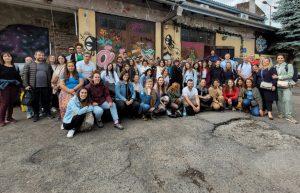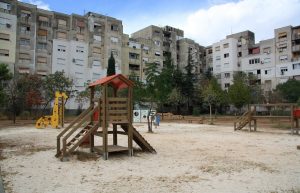Amidst Europe's ongoing efforts to prevent radicalisation and violent extremism, the spotlight shines on the need for community-led solutions. A consortium of transnational experts is working to enhance the capacity of civil society organisations to address post-release challenges and vulnerabilities to radicalisation.
In the European efforts to prevent radicalisation and violent extremism, the role of Civil Society Organizations (CSOs) and Non-Governmental Organizations (NGOs) has emerged as indispensable.
Given that radicalisation often originates at the local level, effective P/CVE (Preventing and Countering Violent Extremism) strategies necessitate a nuanced understanding of social and cultural dynamics, calling for the involvement of practitioners involved in the community.
In the context of this central role, arises the question of whether NGO and CSO practitioners are adequately prepared for the task at hand. To effectively leverage this sector of society, it is essential to understand their needs and capacities and to provide them with state-of-the-art knowledge and best practices.
By addressing the specific challenges faced by CSOs and NGOs in supporting individuals in the post-release setting, the R2COM project contributes to enhancing the effectiveness of civil society efforts in preventing radicalisation and promoting rehabilitation.
Empowering practitioners and enhancing rehabilitation efforts
After an extensive effort to involve European practitioners from several countries to understand their real needs and tailor the R2COM project approach, the partnership has unveiled two significant products to assist these professionals.
Firstly, an innovative online training course has been developed to empower NGOs and CSOs with essential tools for effectively engaging with vulnerable individuals as they transition from prison to the community.
This training programme provides a comprehensive understanding of radicalisation, and offers vital insights into P/CVE strategies. The course has been tailored specifically for professionals based in Albania, Bulgaria, France, Italy, Kosovo, Portugal, and Sweden, countries of the project partners involved in its creation.
Moreover, the R2COM project has developed a new assessment tool named TV-RAT (Transitioning Vulnerabilities to Radicalisation Assessment Tool). This tool is designed to assist practitioners in identifying and addressing vulnerabilities to radicalisation or extremist engagement among the post-release setting population.
Engaging Globally, Empowering Locally
Beyond providing the training programme as an e-learning course, the R2COM partnership is directly engaging in training civil society professionals dedicated to supporting vulnerable groups in the post-release phase.
In October 2023, the R2COM project convened its 1st Specialised Training Event in Toulouse, drawing together a diverse group with over 30 practitioners. Spanning three intensive days, the event featured insightful presentations from consortium experts and external contributors, all aimed at delving into the nuanced complexities of vulnerability in the aftermath of release.
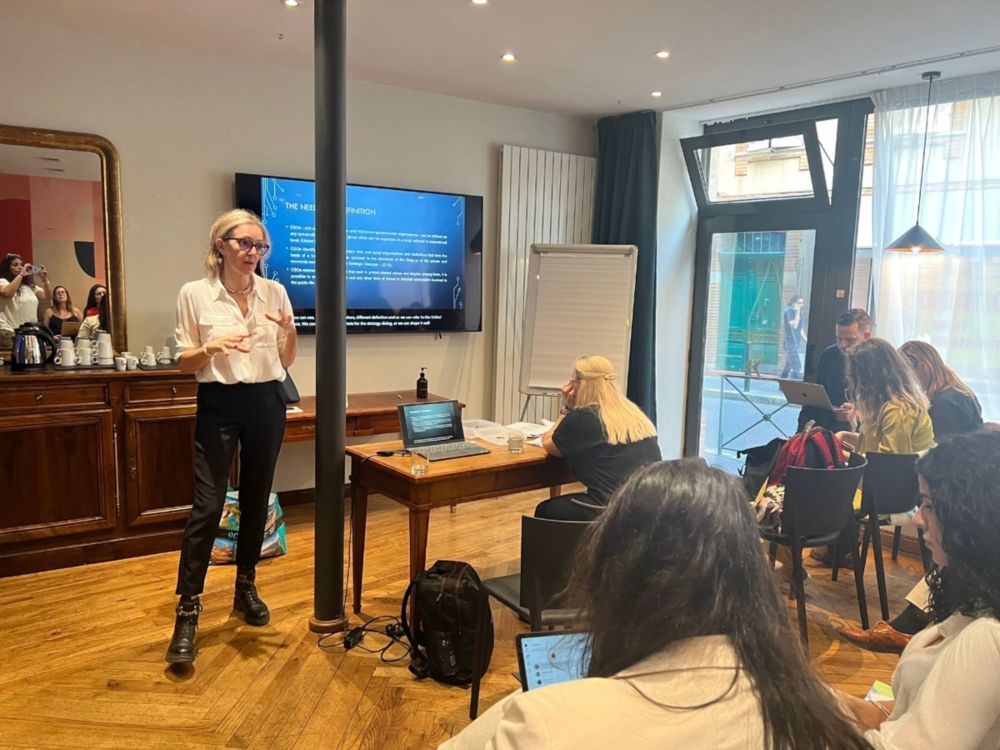
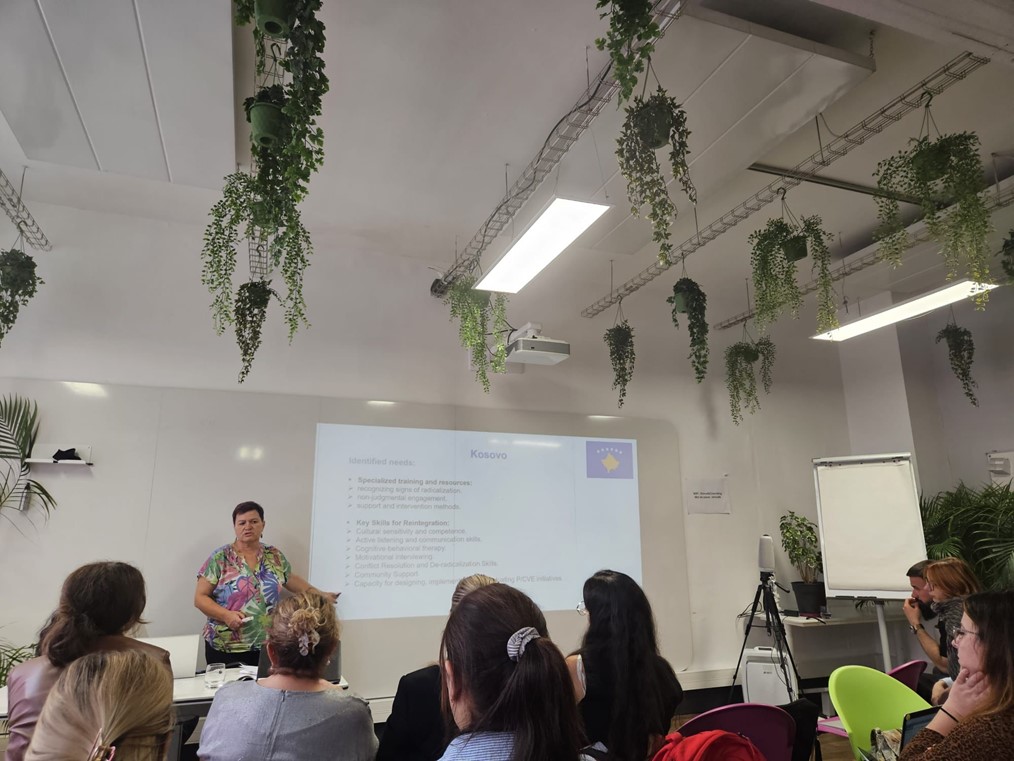
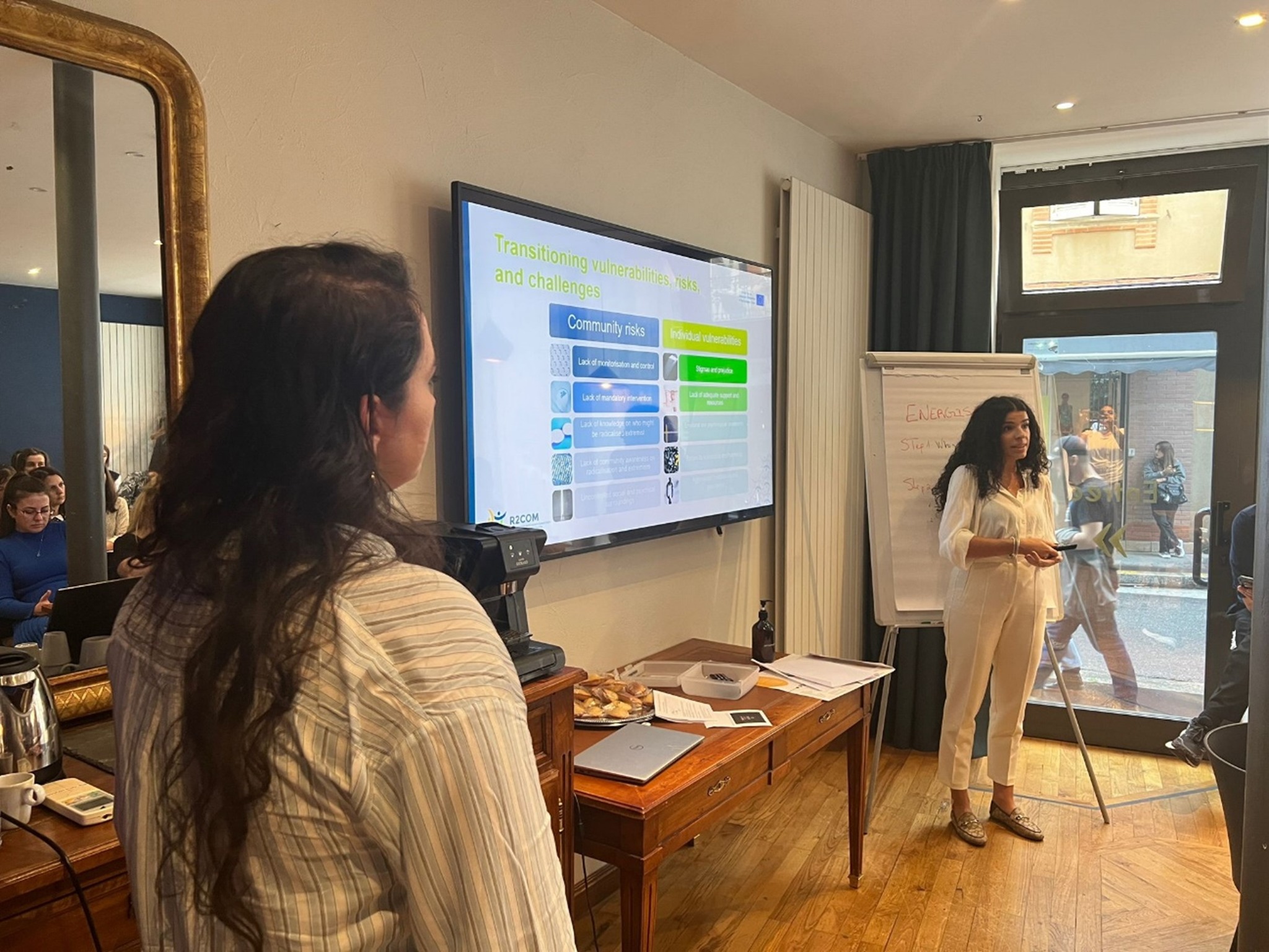
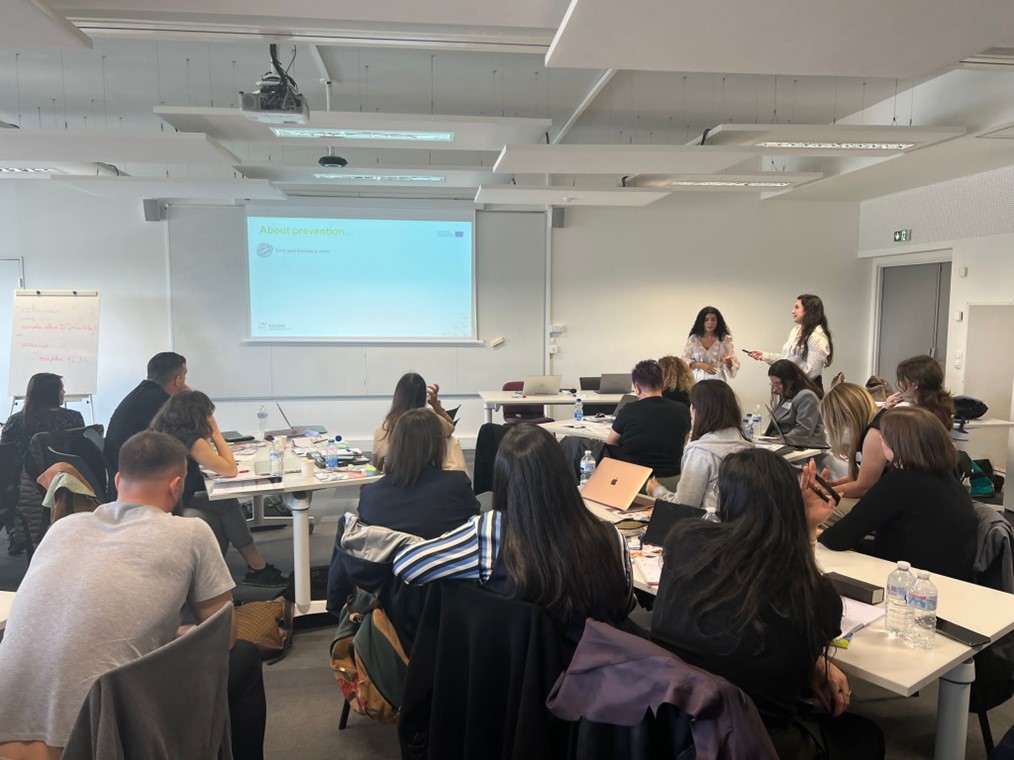
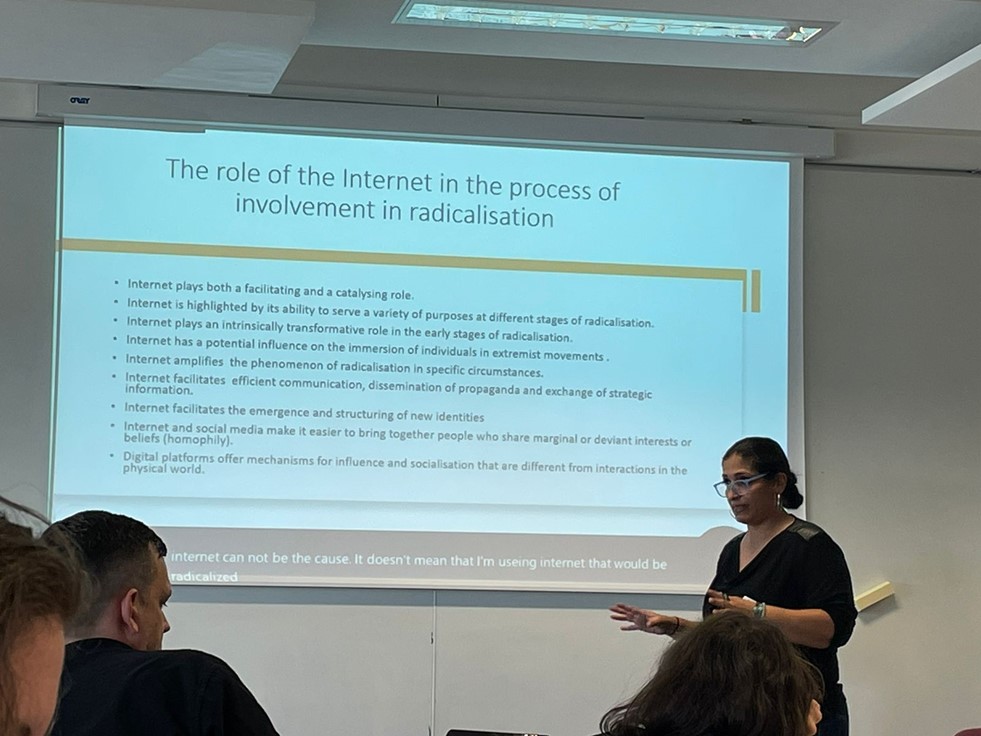
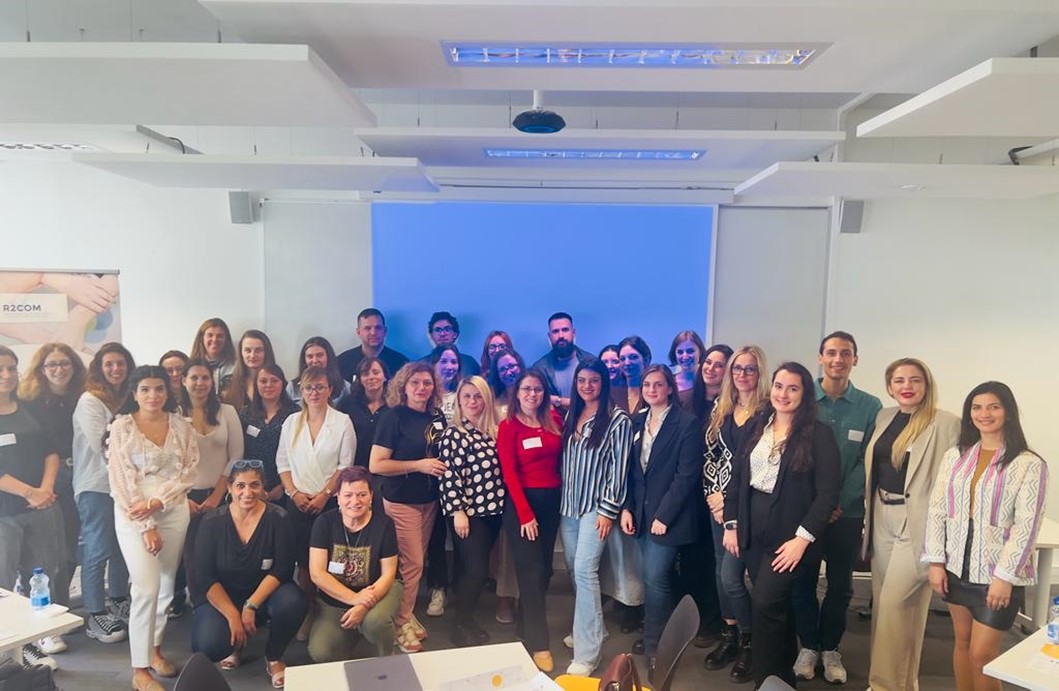
Participants acknowledged that radicalisation is not a momentary occurrence but rather a multifaceted process, stressing the importance of recognising various opportunities for prevention and intervention. Central to the discourse was the imperative to treat vulnerable individuals, including those navigating radicalisation processes, with utmost respect and support, affording them a platform to voice their concerns and needs.
The event underscored the profound impact that even minor actions and adaptations can have on paving the path towards sustainable reintegration. Beginning from a foundation of non-judgemental support and a commitment to nurturing positive change emerged as fundamental principles guiding effective intervention and rehabilitation strategies.
A second training session was held in February, in Brescia, Italy. The event placed great focus on stakeholder engagement and the humanisation of after-care work. Moreover, a piloting session of the TV-RAT was an important part of this event, solidifying R2COM’s comprehensive and non-stigmatisating training approach. A third and last training event is to be held in April 2024 in Stockholm, Sweden.
International outreach and knowledge exchange
The R2COM partners are actively engaged in building and sharing knowledge, participating in several international events beyond the scope of the project, to promote its approach.
In November 2023, the R2COM project left its mark at the RAN joint meeting with the working groups Families, Communities & Social Care (RAN FC&S) and Rehabilitation (RAN REHABILITATION) in Bucharest, Romania. Represented by IPS and Transform, the partnership seized the opportunity to showcase its work within the initiative and engage with multidisciplinary experts. Among the highlights was the presentation of R2COM’s TV-RAT instrument.
The event discussions underscored the pivotal role of receiving communities in facilitating successful reintegration. Emphasising shared trust as a cornerstone, participants explored the diverse forms these communities can take.
Stigma and securitised approaches were identified as barriers to effective community engagement. Participants stressed the necessity of avoiding such pitfalls and fostering an environment of inclusivity and support. Recognising the need for open dialogue and the construction of bridges for sustainable resettlement, attendees advocated for bottom-up approaches that empower individuals and communities alike.
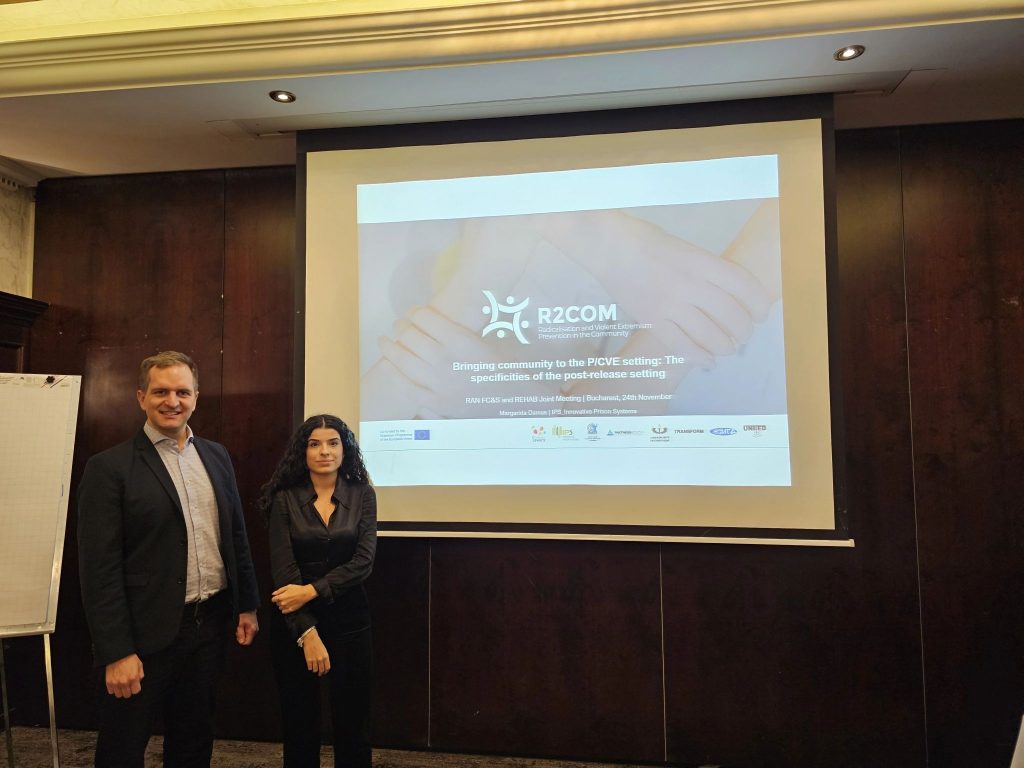
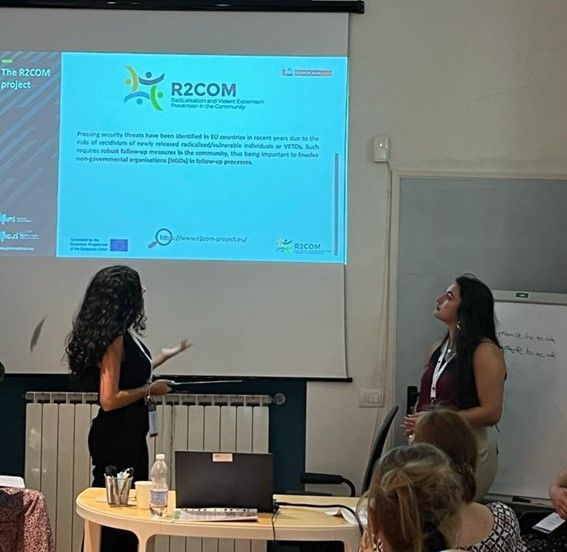
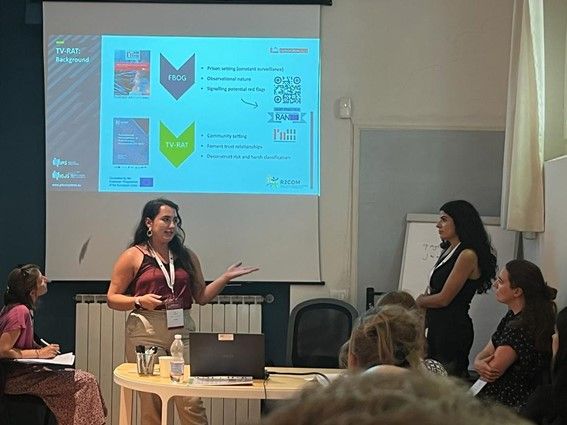
IPS_Innovative Prison Systems also showcased R2COM’s innovative methodology to attendees of the annual conference of the European Society of Criminology (EUROCRIM), held in Florence, Italy, in September 2023.
Beyond the crucial role of NGOs in mitigating vulnerabilities and promoting positive change, R2COM’s presentation explored the idea of deconstructing traditional notions of risk.
Rather than viewing engagement in radical or extremist activities as inherent predispositions, the project advocates for a more nuanced perspective. It posits these activities as potential re-entry challenges, shaped by the dynamic interaction between the released individual and their receiving community.
Building an open practitioner community
The R2COM Network serves as a pivotal platform for the project. With a focus on empowering practitioners with relevant and up-to-date learning opportunities and materials, this online hub provides access to essential project resources.
The platform facilitates engagement with project events, offering members the opportunity to participate in workshops, conferences, and discussions led by multidisciplinary experts.
By fostering a collaborative environment, the network enables practitioners to share best practices, exchange insights, and collectively tackle the challenges posed by radicalisation and extremism in European communities.
Learn more about this project
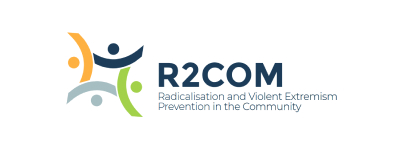
R2COM
Radicalisation and violent extremism prevention in the community
The R2COM project is led by the Association Les Militants Des Savoirs (Association of Activists of Knowledge, France), in a European wide partnership, including IPS_Innovative Prison Systems (Portugal), Associazione Carcere e Territorio (Prison and Territory Association, Italy), Partners Kosova Center for Conflict Management (Kosovo), Albanian Helsinki Committee (Albania), Transform (Sweden), Crime Prevention Fund – IGA (Bulgaria) and United for Intercultural Action (Hungary).
For more information on the project, or to learn how to get involved please visit www.r2com-project.eu
Related projects
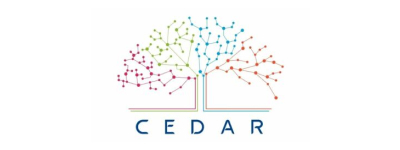
CEDAR
Continuing Education Against Radicalisation

EUTEx
Developing a European framework for disengagement and reintegration of extremist offenders and radicalised individuals in prison
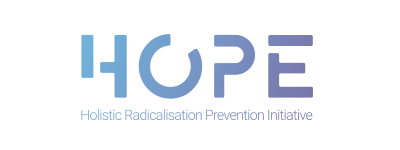
HOPE
Holistic Radicalisation Prevention Initiative (Balkan countries)
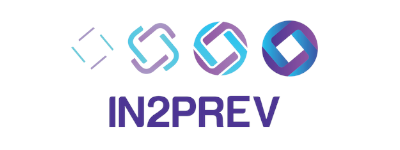
IN2PREV
Law enforcement and community cooperation and training approach to prevent radicalisation by ensuring refugees’ successful inclusion
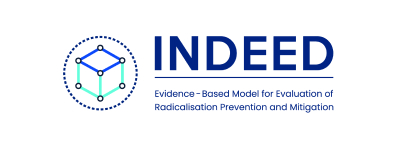
INDEED
Strengthening a comprehensive approach to preventing and counteracting radicalisation based on a universal evidence-based model for evaluation of radicalisation prevention and mitigation

INTEGRA
Integrated Community, Probation and Prison Services Radicalisation Prevention Approach

MIRAD
Multi-Ideological Radicalisation Assessment towards Disengagement

PARTES
Participatory Approaches to Protecting Places of Worship

PRACTICIES
Partnership against Radicalisation in Cities
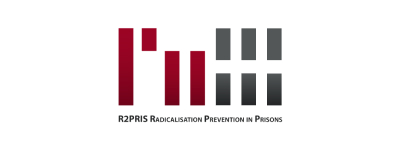
R2PRIS
Radicalisation Prevention in Prisons
Related news

Empowering communities to support integration: a first step in preventing radicalisation
Read More »
“EU Knowledge Hub on Prevention of Radicalisation”: European Commission Launches a €60 Million Initiative for the next 4 years
Read More »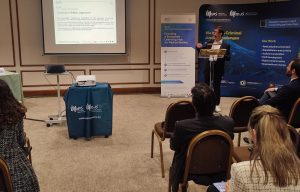
International conference unveils comprehensive strategies to tackle radicalisation in the criminal justice system and beyond
Read More »